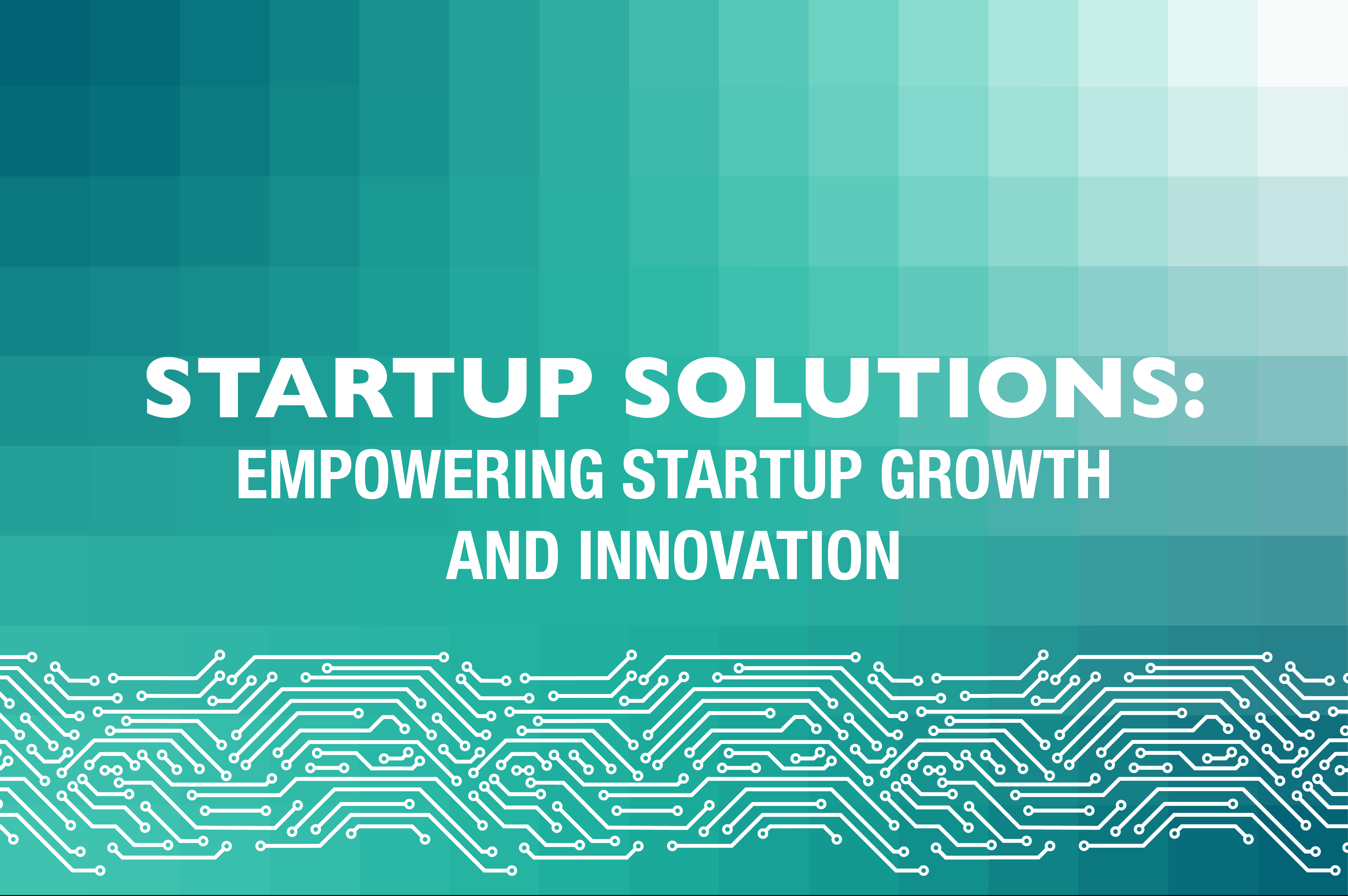by Marijane Kantzabedian, CPA; David Lam, CISSP, CPP; and Jun Wang, CPA, MST | Check out the Startup Solutions series
The rapid advancement of technology, automation, artificial intelligence (AI), and machine learning have undoubtedly transformed the way we work and conduct business. From audits to protecting data to incentivizing employees, organizations are embracing technological solutions to streamline processes and boost efficiency. While these innovations do offer incredible benefits, it is crucial to recognize that these platforms and automations cannot completely replace human involvement – or at least not yet.
Reading Between the Lines – of an Audit
This is an exciting time with technology; automation can already synthesize substantial amounts of data in seconds—totaling figures, flagging irregularities, and assembling reports. But audits are a meticulous and complex process that demand critical thinking, judgment, and contextual understanding. While technology can assist auditors by automating routine tasks and analyzing vast amounts of data, it still lacks the ability to comprehend nuance or to exercise professional skepticism and discretion. Human auditors possess a unique skill set that enables them to consider the broader business environment, assess risks, and apply subjective judgment when necessary.
By interacting directly with clients and stakeholders, auditors can ask probing questions, detect irregularities, and gain a deeper understanding of an organization’s operations. These interpersonal skills are vital for building trust, managing client relationships, and ultimately providing a comprehensive and accurate audit report.
The Human Factor: Perhaps one day – maybe even one day soon – AI will be used to interview clients, reading facial expressions for intent and honesty. But for now, a human is still required to interpret a client’s explanations for data irregularities, infer likely scenarios and reasoning from a client’s responses, and offer empathy when applicable – the latter being a key element of the overall client relationship.
Promoting a Culture of Information Security
Information security is a paramount concern for organizations in today’s digital landscape. While technological advancements have improved cybersecurity measures, human involvement remains indispensable. Fostering a culture of security and making employees the first line of defense is crucial in protecting sensitive information from potential breaches and mitigating cyber threats effectively.
A strong security culture within an organization works as a collective mindset that prioritizes security at all levels and ensures that every employee understands their role in safeguarding sensitive information. For example, many successful techniques to breach a system do not depend on sophisticated malware but on manipulation of human emotions. By educating, training, and engaging employees – equipping them with the knowledge and awareness of cybersecurity best practices – they can identify potential risks, detect suspicious activities, and report incidents promptly. To this end, organizations must invest in comprehensive training programs that cover identifying phishing attempts, creating strong passwords, securely handling sensitive information, and understanding the implications of social engineering.
Further, it is essential that organizations develop a culture where employees feel comfortable reporting potential security incidents without fear of retribution. By creating an environment of trust and open communication, organizations can tap into the collective knowledge and insights of their workforce, gaining valuable information that may otherwise go unnoticed by technology-based security measures.
The Human Factor: Employees play a vital role in identifying potential vulnerabilities and reporting (potential) incidents; therefore, it is essential to cultivate a sense of ownership, trust, and accountability amongst your staff regarding data protection.
Leveraging the Humanity in Stock Options
Now that we’ve established how central your employees are to the success of your business, it is worth noting that rewarding these exceptional humans for their hard work cannot be fully automated either. Motivating and incentivizing employees is essential for organizations to drive productivity, engagement, and retention. However, just as the auditor needs to remain skeptical and apply emotional intelligence to deliver the best audit report, the best employee incentivization tools rely on humans to customize, communicate, and adjust the offerings.
For example, take a popular incentive (especially with tech startups) – stock options, which grants employees the opportunity to purchase company shares at a predetermined price within a specific timeframe; these have proven to be a powerful motivational tool, aligning the interests of employees with those of the organization. While technology can facilitate the administration and management of stock options, the human element remains essential to effectively communicate the value and significance to your employee population, to continuously evaluate and adapt the stock option program to meet changing market conditions, and to provide employees with guidance on vesting schedules, tax implications, and the process of exercising their options.
For many organizations and individuals alike, these tax implications may require another human – a qualified tax advisor. Employees are responsible for paying the associated taxes and reporting them to the IRS on their annual tax returns, and it is worth noting that early-stage startups may qualify for the Qualified Small Business Stock (QSBS), which acts as a special tax-exemption allowing people to sell millions of dollars’ worth of shares tax-free.
The Human Factor: From benefits coordinators to communications professionals to tax advisors – delivering incentive packages such as stock options requires a human touch that can navigate the nuance and motivate your employees. And by offering employees the opportunity to share in the company’s success, organizations can foster a sense of ownership and commitment within their workforce.
A Synergistic Relationship
The collaboration between humans and technology holds tremendous potential for driving innovation and achieving unparalleled results. Advanced automation, AI, and machine learning will surely continue to transform our world, but it seems safe to say that they will be best used to augment – rather than replace – us humans.
To learn more about startup solutions for your organization, please contact us.
____________________________________
We highly recommend you confer with your Miller Kaplan advisor to understand your specific situation and how this may impact you.



